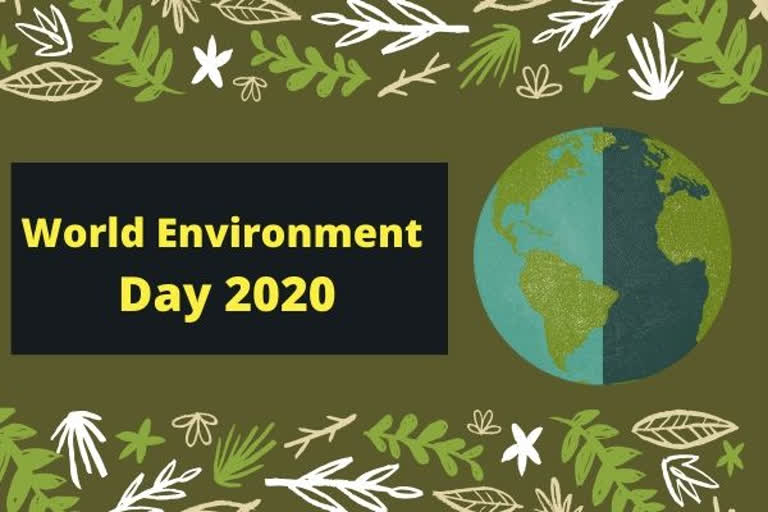Hyderabad: Every year on June 5th, World Environment Day is celebrated under the flagship of the United Nations to encourage awareness and action for the environment. Over the years, it has grown to be one of the largest global stages for public outreach, celebrated in well over 100 countries.
Since 1974, it has been celebrated every year on 5 June: engaging governments, businesses, celebrities, and citizens to focus their efforts on a pressing environmental issue. This year, the theme is biodiversity and will be hosted by Colombia in collaboration with Germany.
But this year, the celebration will not lie in the ambit of normalcy. The recent events, from bushfires in Brazil, the United States, and Australia to locust infestations across East Africa – and now, a global disease pandemic – demonstrate the relationship of humans and the webs of life.
The foods we eat, the air we breathe, the water we drink, and the climate that makes our planet habitable- all these have been taken for granted by us human beings.
All these years, our planet suffered in silence. The emergence of COVID-19 has highlighted the fact that, when we destroy biodiversity, we destroy the system that sustains human life.
It has been estimated that globally, about one billion cases of illness and millions of deaths occur every year from diseases caused by coronaviruses; and about 75 per cent of all emerging infectious diseases in humans are zoonotic, meaning that they are transmitted to people by animals.
However, due to the lockdown in most countries, mother nature started reclaiming her spaces. In the absence of regular human activities, she inhaled and cleansed herself. Just like other things, she needed some downtime and detox.
Nature communicates with us in her own subtle ways, we just have to be more observant and kind. We can do our bit by educating others and bringing minute lifestyle changes to put less burden on the environment.
Mother nature is still sending us messages, so let's listen to her for the sake of our own survival.
ALSO READ: Climate change can affect deep-sea biodiversity slowly




